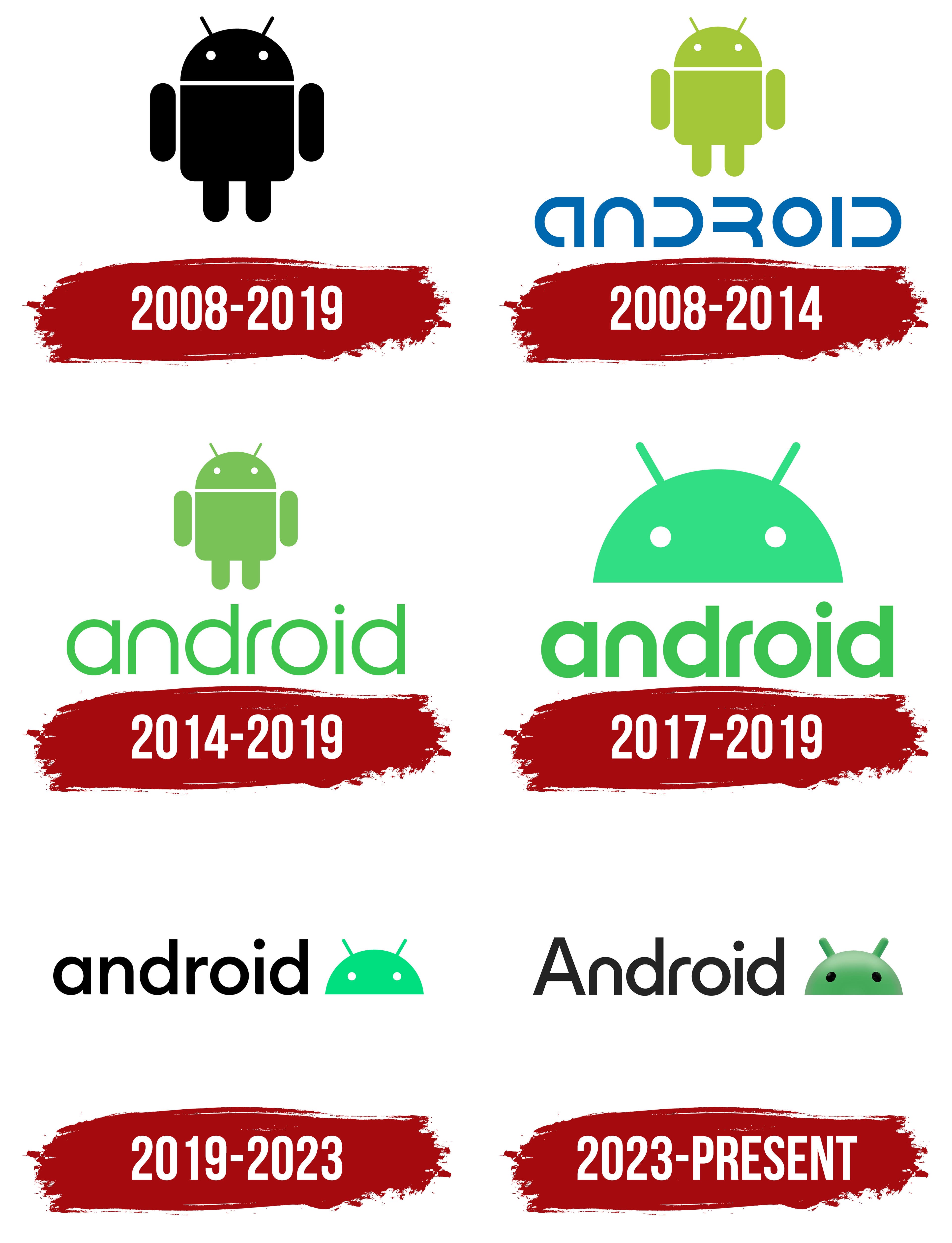 ecuadorgeek.com
ecuadorgeek.com **Opening:** The 89+ Android SDK Kit promises a comprehensive collection of tools and resources for Android development, exceeding the standard SDK offerings. It's geared towards developers looking for a more robust and feature-rich environment to build and test their applications. This review aims to evaluate the kit's claims by examining its provided components, ease of use, and overall value proposition. We will explore the advantages and disadvantages of integrating this kit into a developer's workflow.
**Advantages:** The 89+ Android SDK Kit presents several potential benefits that could streamline the development process. Extended Toolset: The kit boasts a wider range of debugging tools, emulators, and libraries compared to the standard Android SDK. This could facilitate faster development cycles and more efficient testing. Enhanced Emulator Capabilities: Advanced emulator features could include simulating various network conditions, hardware configurations, and sensor data, resulting in more thorough app testing. Pre-built Libraries and Components: A collection of pre-built UI elements, data management libraries, and third-party API integrations can reduce the need for boilerplate code and accelerate development. Optimized Performance: The kit may include optimized versions of core Android libraries, potentially leading to improved app performance on target devices.
**Disadvantages:** Despite the potential advantages, the 89+ Android SDK Kit may also present certain drawbacks. Compatibility Issues: Third-party SDK kits can sometimes introduce compatibility issues with existing Android projects or the official Android SDK, requiring significant rework and troubleshooting. Security Risks: Integrating unverified libraries and tools carries the risk of introducing security vulnerabilities into your application, potentially compromising user data. Bloat and Complexity: An overly comprehensive kit might contain unnecessary tools and libraries, increasing the size of your application and adding complexity to the development process. Maintenance and Updates: Relying on a third-party SDK kit requires ongoing maintenance and updates to ensure compatibility with the latest Android versions and security patches. The speed and reliability of these updates are dependent on the kit's developers. Potential Licensing Issues: Verify the licensing terms of the kit and its individual components to ensure they are compatible with your project's licensing requirements and avoid legal complications.
**Conclusion:** The 89+ Android SDK Kit offers a compelling value proposition for developers seeking a more comprehensive development environment. However, potential compatibility issues, security risks, bloat, and maintenance challenges must be carefully considered. Before integrating the kit, thoroughly evaluate its components, assess their suitability for your specific project, and verify the licensing terms. A risk-benefit analysis is crucial to determine whether the advantages of the kit outweigh the potential drawbacks. If the features offered address critical needs and the risks are manageable, the kit could be a valuable asset. If not, sticking with the official Android SDK might be the more prudent choice.
¿qué Es Android? Descubre Todo Sobre El Sistema Operativo Más Popular Del Mundo Tecnológico
 ecuadorgeek.com
ecuadorgeek.com Android Logo Gets A Modern Makeover: 3d Robot Head And Stylish Wordmark
 www.gizmochina.com
www.gizmochina.com Android Logo
 ar.inspiredpencil.com
ar.inspiredpencil.com
0 komentar:
Posting Komentar